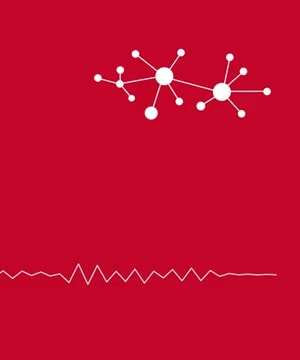How does desire affect us?
Sources:
Desire has multifaceted effects on us, influencing our physical, mental, and emotional well-being.
-
Physical Health:
- Sexual Desire as a Barometer: Sexual health can serve as an indicator of overall physical health. Factors like stress, medications, and overall well-being play significant roles. Issues such as lack of sleep, poor physical fitness, or hormonal imbalances can impact desire levels 1.
- Medical Considerations: Certain medications, like antidepressants or treatments for hair growth, can significantly affect desire. Assessing these factors is vital in understanding one's desire levels 1.
-
Mental and Emotional Health:
- Relationship Dynamics: Discrepancies in desire within relationships can lead to challenging conversations about personal needs and boundaries. This necessitates open communication and self-reflection, addressing questions like the reasonability of one's desires and handling feelings of rejection 2.
- Mimetic Desire: This concept involves desiring something because others do, which can shape identities and drive behaviors far beyond mere acquisition of objects. It underscores a deeper psychological influence where people model their desires on those they admire or wish to emulate 3.
-
Cognitive and Behavioral Influences:
- Suffering and Motivation: The desire for unattainable things can lead to suffering, a notion emphasized in Buddhist and Hindu philosophies. However, channeling this desire constructively can drive innovation and progress. The balance between the positive and negative impacts of desire is crucial for personal growth and societal advancement 4.
- Awareness and Acceptance: Being mindful of desire without judgment can foster better decision-making. Accepting desire as a natural emotion helps in discerning whether to act on it or let it go, promoting a more balanced and free approach to life 5.
-
Cultural and Social Aspects:
- Sexual Education and Socialization: Cultural and religious teachings often provide conflicting messages about desire, leading to confusion and shame. Open and educational discussions about sexuality and desire are needed to overcome these barriers and build healthier relationships and self-perceptions 2.
- Desire Management in Relationships: Managing the right amount of physical and emotional distance in relationships helps maintain sexual desire. Too much proximity may diminish desire, whereas strategic distance can keep it alive 6.
In summary, desire can significantly influence various aspects of our lives, from health and relationships to personal growth and societal contributions. Understanding and managing desire effectively is key to leveraging its benefits while mitigating its potential downsides.
RELATED QUESTIONS-


